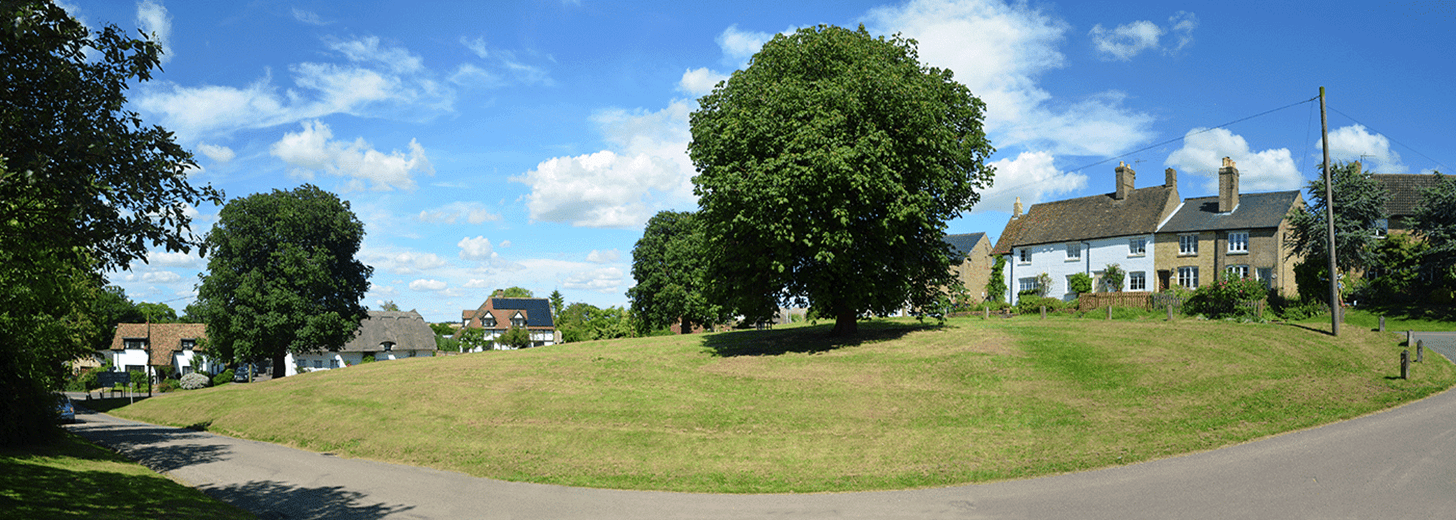What is a village green or common land?
Common land can be owned either publicly (for example by a local council) or privately (for example by the National Trust) but with others ‘Commoners’ having rights to use the land. In addition to the ‘Commoners’ rights, typically the ‘right to roam’ applies to common land. You can find out more about the right to roam on the Government website, here.
Conversely, the right to roam does not apply to village greens – but are typically used by local residents for recreational use. In some cases, there may be specific ‘rights of common’, which may include grazing livestock. Again, these can be privately or publicly owned, with the latter being more usual.
What is the impact of land being common land or a village green?
There are restrictions on the uses of both types of land but, in a nutshell, having land designated as common land or a village green means that members of the public are able to use it through walking over it, or for sports or recreation.
Certain activities require the owner’s permission (camping, holding events) and, in general, you are not allowed to drive on the land unless you have specific permission to do so in order to access your property.
This can cause issues and is something to look out for when buying property adjoining a common, which is typical in rural villages.
Recently, the Carter Jonas Cambridge Rural Team has been advising on two separate village greens in Hertfordshire and Suffolk, respectively. In each case, the clients who owned these areas of land benefited from Lord of the Manor titles, with which came unusual strips and parcels of land surrounding the village centre.
You would be forgiven for thinking that a deep verge was simply land owned and maintained by the Local Authority at their expense. However, these strips can be part of the village green or even designated as common land.
For the respective Lords of the Manor, it had been necessary to undertake reconciliation exercises, simply monitoring how the land is used. Are there telegraph poles or similar infrastructure on the land, which might indicate that there is a wayleave agreement in place? Are the boundaries correct and are people travelling by car over the greens? For those properties with a deep verge and located just off the green, do they have the correct rights to travel across the green?
In one case, Jack Sharpe from the Rural Department and Robert Preston from the Planning Department have been working together. Jack, having dealt with the grant of an easement from the Lord of the Manor to a residential property owner, in order to effectively formalise their right of way with a vehicle over the green. This was dealt with amicably and, subject to any further rights and permissions required, successfully regularised the use.
What other rights and permissions may be required?
As the law does not actually permit a residential property owner to cross a village green to access their home with a vehicle, they are required to apply to the Secretary of State by completing and submitting a s.11(4) form. Although this may seem like a straightforward process, this is not always the case. Robert comments: “In the matter I was acting on, the Local Authority even asked me to obtain an archaeological survey over the area which the car was going to traverse across. Hard to believe, I know.”
However, Robert was able to negotiate this point with the Local Authority to achieve a successful conclusion and the client was happy with the result, knowing that the decision was final.
What next?
One of the clients has land which he feels is incorrectly designated as common land, the site includes buildings. We are now investigating deregistration of this as common land, by compiling the necessary evidence to be accompanied with a CA13 application form.
There is a deadline for these applications of 31st December 2020 in some areas. This date is fast approaching and applies to the following Local Authorities:
- Blackburn with Darwen Borough Council
- Cornwall Council
- Devon County Council (but not including Plymouth or Torbay)
- County of Herefordshire District Council
- Hertfordshire County Council
- Kent County Council (but not including Medway)
- Lancashire County Council (but not including Blackpool)
In all other parts of the country, the deadline is much later, but it’s not too early to start planning.
If you own land designated as common or currently travel over common land to access your residential property, and would like some advice, please contact Jack Sharpe at Carter Jonas on jack.sharpe@carterjonas.co.uk or 07500 126291.




